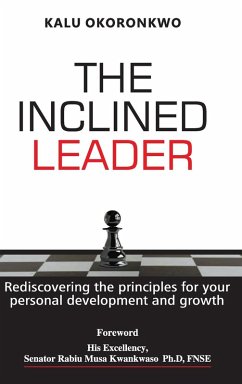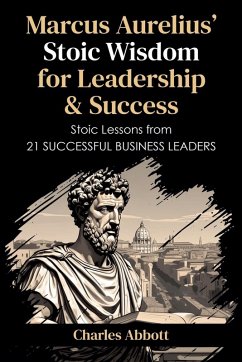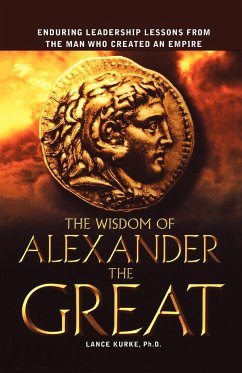
Pursuing Wisdom
A Primer for Leaders and Learners
Versandkostenfrei!
Versandfertig in 1-2 Wochen
29,99 €
inkl. MwSt.
Weitere Ausgaben:

PAYBACK Punkte
15 °P sammeln!
Wisdom is an essential but often forgotten virtue that has suffered from centuries of misunderstanding and been largely abandoned in contemporary society. Pursuing Wisdom explores philosophical, theological, and scientific traditions to present lessons for future leaders ready to shape the world in a successful and sustainable way.














